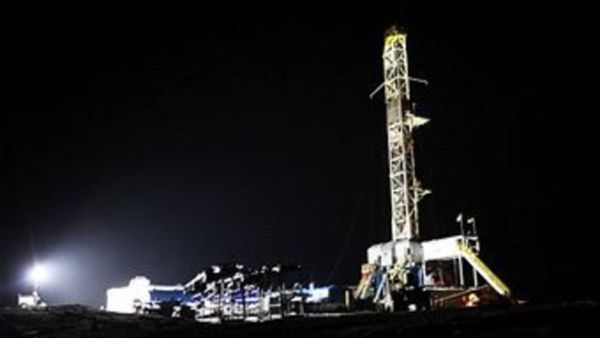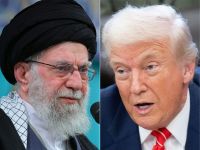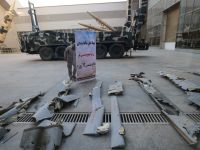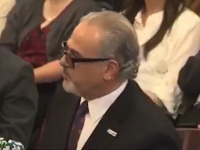Bahrain has been urged to launch a national initiative to encourage all sectors of society to make better use of energy. The country needs to establish an agency for integrated energy planning, efficiency and renewable sources and reform existing legislation and institutional frameworks, says a top environment expert. Such a move could diversify the economy away from oil and gas, create jobs, promote competitiveness and reduce carbon emissions, said Arabian Gulf University Environmental Management Programme director Professor Ibrahim Abdel Gelil. "Energy efficiency is a national necessity for Bahrain," he said. "Now is the time to launch a national initiative for energy efficiency and it could be part of promoting competitiveness."
Prof Abdel Gelil said there were some energy efficiency projects already being rolled about by companies such as Alba, Bapco and GPIC, but barriers needed to be removed before others were likely to follow suit. He said Bahrain lacked national energy efficiency targets and strategies and legal and institutional frameworks. "Energy subsidises are a major barrier and they need to be reformed," said Prof Abdel Gelil, who is academic chair of Shaikh Zayed Bin Sultan Al Nahyan Centre. "There is a low level of consumer awareness and it needs to be raised, for which we need education and training programmes. "We need an active role from the banking sector to promote energy efficiency. "We need demand management and reform pricing and secure coherence between energy and climate policies." Bahrain's use of energy per capita is four times the world average and higher than the GCC average, explained Prof Abdel Gelil.
Consumers account for 56pc of the amount of electricity consumed, followed by commercial use at 28pc and industry at 15pc, with the remaining used by the agriculture sector. The carbon intensity of Bahrain is also higher than the GCC average. "Energy consumption and carbon dioxide emissions are parallel to economic growth," said Prof Abdel Gelil. "It's not sustainable, we need to grow but reduce the energy demand. This can be achieved through energy-efficient practices. "While we plan for future industries we should move away from heavy industries which are energy intensive. "We need industries that produce less carbon and we should switch to renewable energies."
Prof Abdel Gelil said moving towards renewable energy and energy reduction could diversify the economy away from oil and gas, which currently account for 29pc of Bahrain's Gross Domestic Product (GDP) and 42pc of exports. He believes moving towards energy efficiency and renewable energy would help conserve Bahrain's supplies because 88pc of its energy consumption comes from natural gas and 12pc oil.
"Energy efficiency can really do a lot for Bahrain's economy," said Prof Abdel Gelil. "It can create more green jobs and carbon emissions will go down. "While improving energy efficiency you reduce costs and improve the balance of payments. "It also reduces the burden of energy subsidise on the national budget."
Prof Abdel Gelil was speaking at the first Bahrain Green Technology Expo, a four-day event that concludes at the Bahrain International Exhibition and Convention Centre (BIECC) tomorrow. It has been organised by the Public Commission for the Protection of Marine Resources, Environment and Wildlife under the patronage of its president and His Majesty King Hamad's personal representative Shaikh Abdulla bin Hamad Al Khalifa.
About 100 companies are showcasing green technologies from waste, water and energy. The conference focus on four main themes: renewable energies, water management, waste management and lifestyle technologies. It is open to the public from 9am to 5pm and the exhibition from 9am to 1pm and 4pm to 8pm on all days.








